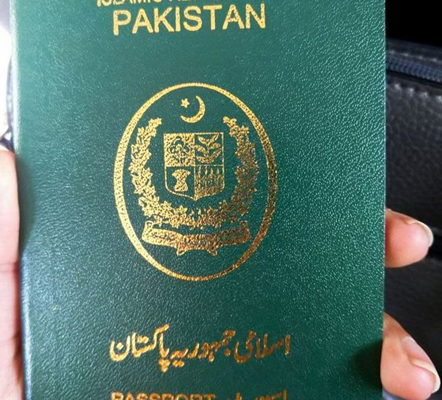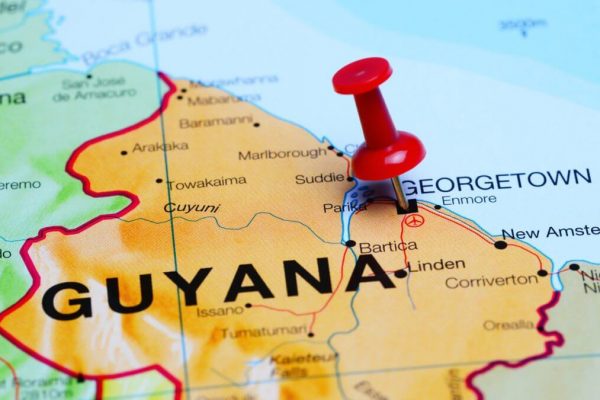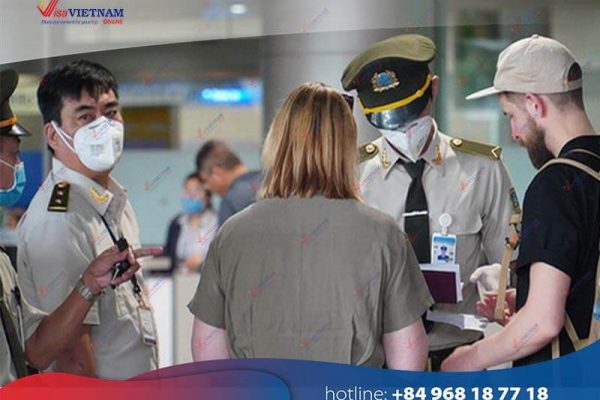Vietnam is a beautiful country in Southeast Asia with a unique culture, delicious food, and stunning natural landscapes. As a result, it’s no surprise that millions of people from all over the world visit Vietnam every year. If you’re planning a trip to Vietnam, one of the most important things you need to consider is your visa. However, did you know that some countries are granted Vietnam visa exemption? In this article, we’ll discuss everything you need to know about Vietnam visa exemption, including who is eligible, what the rules are, how to apply for an extension or renewal, and more.
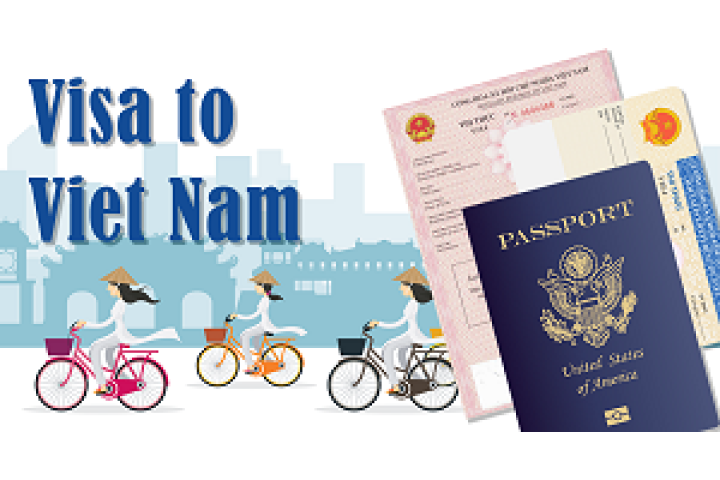
Table of Contents
- Who is Eligible for Vietnam Visa Exemption?
- Vietnam Visa Exemption countries
- What are the Rules for Vietnam Visa Exemption?
- When Should You Apply for Vietnam Visa Exemption Renewal or Extension?
- How to Apply for Vietnam Visa Exemption?
- Pros and Cons of Vietnam Visa Exemption
- Alternatives to Vietnam Visa Exemption
- Step-by-Step Guide to Applying for Vietnam Visa Exemption Renewal or Extension
- Comparison of Vietnam Visa Exemption and Regular Visa
- Tips for Traveling with Vietnam Visa Exemption
- The Best Way to Experience Vietnam
- FAQs
- Conclusion
Who is Eligible for Vietnam Visa Exemption?
-
Vietnam Visa Exemption countries
As of January 2022, regular passport holders of 25 countries DO NOT need a visa for Vietnam. Here is the full list of Vietnam visa free countries:
No. Country Maximum visa-free duration Applicable purpose of visit (if any) 1 Chile 90 days Entries that do not include remunerated activities 2 Panama 90 days Entries that do not include remunerated activities 3 Cambodia 30 days Not mentioned 4 Indonesia 30 days Not mentioned 5 Kyrgyzstan 30 days Not mentioned 6 Laos 30 days Not mentioned 7 Malaysia 30 days Tourism, attending press, conference/coverage, official duty, visiting relatives, business negotiation, investment, sports, or attending seminars or conferences 8 Singapore 30 days Entries that do not include remunerated activities 9 Thailand 30 days Not mentioned 10 Philippines 21 days Not mentioned 11 Brunei 14 days Not mentioned 12 Myanmar 14 days Visiting only 13 Belarus 15 days Not mentioned 14 Denmark 15 days Not mentioned 15 Finland 15 days Not mentioned 13 France 15 days Not mentioned 17 Germany 15 days Not mentioned 18 Italy 15 days Not mentioned 19 Japan 15 days Not mentioned 20 Norway 15 days Not mentioned 21 Russia 15 days Not mentioned 22 South Korea 15 days Not mentioned 23 Spain 15 days Not mentioned 24 Sweden 15 days Not mentioned 25 United Kingdom (Not applicable to BNO) 15 days Not mentioned Important notes regarding Vietnam visa exemption:
- The 30-day interval between 02 stays with visa exemption has been removed in accordance with the new law on entry, exit, transit, and residence of foreigners in Vietnam which takes effect on July 1, 2020.
- British National Overseas (BNO) passport holders are not eligible for the 15-day Vietnam visa exemption. So, they need to apply for a visa to visit Vietnam.
- Visa exemption includes visa exemption for entry, exit and transit.
- The visa-free stay period is counted from the date of entry.
The above information about the Vietnam visa exemption (updated on March 15, 2021) is provided for informational purposes only, please double-check with the official authorities in your current country before departure.
What are the Rules for Vietnam Visa Exemption?
- The length of stay for Vietnam visa exemption varies depending on the country of citizenship.
- For citizens of ASEAN countries (Thailand, Malaysia, Singapore, Indonesia, Cambodia, Laos, and the Philippines), the maximum stay is 30 days.
- For citizens of Japan, South Korea, Sweden, Finland, Denmark, Norway, Russia, and Belarus, the maximum stay is 15 days.
- For citizens of the United Kingdom, France, Germany, Spain, Italy, and Chile, the maximum stay is 90 days.
- For citizens of Brunei and Myanmar, the maximum stay is 14 days.
- If you want to stay in Vietnam longer than the visa exemption period, you need to apply for a regular visa or an extension.
- You must have a passport that is valid for at least six months from the date of entry into Vietnam.
Summary: The length of stay for Vietnam visa exemption varies depending on the country of citizenship. If you want to stay in Vietnam longer than the visa exemption period, you need to apply for a regular visa or an extension. You must have a passport that is valid for at least six months from the date of entry into Vietnam.
When Should You Apply for Vietnam Visa Exemption Renewal or Extension?
- If you want to stay in Vietnam longer than the visa exemption period, you can apply for a visa renewal or extension at the Vietnam Immigration Department or through a travel agency.
- You should apply for a visa renewal or extension at least seven days before your visa expires to avoid any complications.
- The visa renewal and extension fee varies depending on the duration of your stay and the type of visa you need. Fees typically range from $10 to $135.
Summary: You can apply for a visa renewal or extension if you want to stay in Vietnam longer than the visa exemption period. You should apply at least seven days before your visa expires. The visa renewal and extension fee varies depending on the duration of your stay and the type of visa you need.
How to Apply for Vietnam Visa Exemption?
- Citizens of eligible countries can enter Vietnam without a visa. They need to present their valid passport and meet other requirements at the border checkpoint.
- If you’re not eligible for visa exemption or you want to stay in Vietnam longer than the visa exemption period, you need to apply for a regular visa or an extension.
- You can apply for a regular visa or an extension through the Vietnam Immigration Department or through a travel agency.
- The application process typically requires a completed application form, your valid passport, and any other required documents such as proof of financial support, accommodation booking, or flight itinerary.
Summary: Citizens of eligible countries can enter Vietnam without a visa. If you’re not eligible for visa exemption or you want to stay in Vietnam longer than the visa exemption period, you need to apply for a regular visa or an extension. You can apply through the Vietnam Immigration Department or through a travel agency.
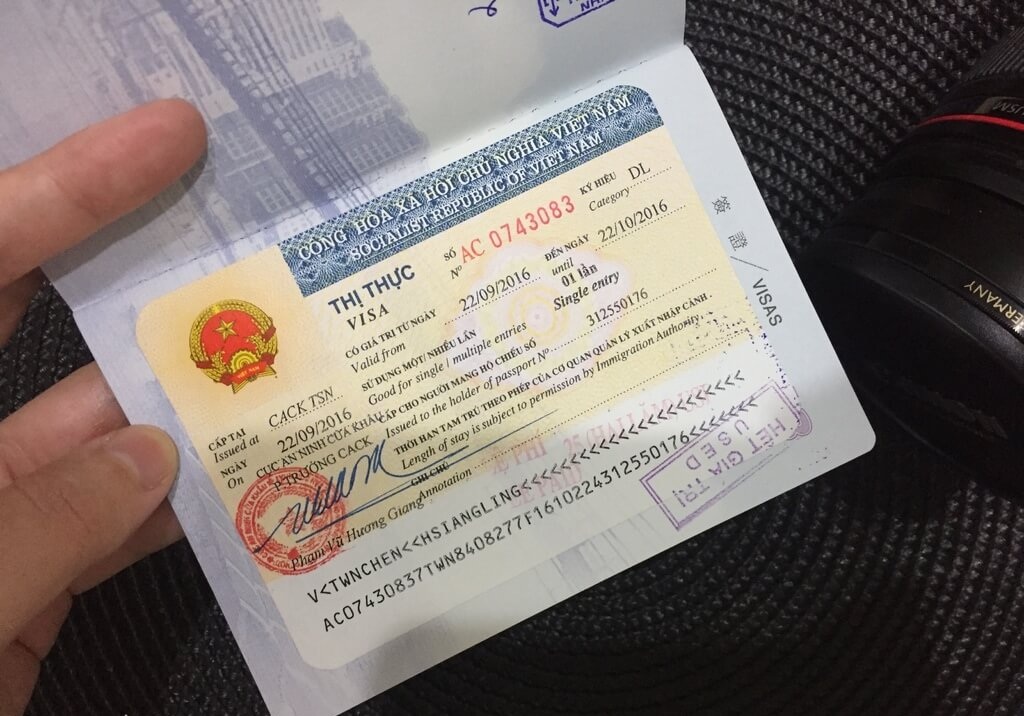
Pros and Cons of Vietnam Visa Exemption
Pros
- No need to apply for a visa before traveling to Vietnam
- Shorter processing time at the airport compared to regular visa application
- No visa fee for eligible citizens
- More convenient for frequent travelers or short trips
Cons
- Limited length of stay
- Not applicable for all countries
- Needto apply for a regular visa or extension if you want to stay longer
- Limited ability to travel to other countries while in Vietnam due to visa restrictions
Summary: Pros of Vietnam visa exemption include no need to apply for a visa before traveling, shorter processing time at the airport, no visa fee for eligible citizens, and convenience for frequent travelers or short trips. Cons include limited length of stay, restricted applicability to certain countries, need to apply for a regular visa or extension to stay longer, and limited ability to travel to other countries from Vietnam due to visa restrictions.

Alternatives to Vietnam Visa Exemption
- Tourist Visa: If you’re not eligible for Vietnam visa exemption or want to stay in Vietnam longer than the visa exemption period, you can apply for a tourist visa. A tourist visa allows you to stay in Vietnam for up to three months and can be extended for up to six months.
- Business Visa: If you’re traveling to Vietnam for business purposes, you can apply for a business visa. The application process is similar to a tourist visa, but you may need additional documents such as an invitation letter from a Vietnamese company.
- E-Visa: An e-visa is an electronic visa that allows you to enter Vietnam for up to 30 days. The application process is entirely online, and you’ll receive your e-visa via email. Not all countries are eligible for an e-visa, so check the list before applying.
Summary: Alternatives to Vietnam visa exemption include a tourist visa for up to three months, a business visa, and an e-visa for up to 30 days.
Step-by-Step Guide to Applying for Vietnam Visa Exemption Renewal or Extension
- Determine if you’re eligible for Vietnam visa exemption or if you need to apply for a regular visa or an extension.
- If you need to apply for a visa renewal or extension, gather all necessary documents such as a completed application form, valid passport, and any other required documents.
- Submit your application to the Vietnam Immigration Department or through a travel agency at least seven days before your visa expires.
- Pay the visa renewal or extension fee, which varies depending on the type of visa and duration of stay.
- Wait for approval and pick up your new visa or visa extension from the immigration office.
Summary: Steps for applying for Vietnam visa exemption renewal or extension include determining eligibility, gathering necessary documents, submitting the application, paying the fee, and waiting for approval and pickup.
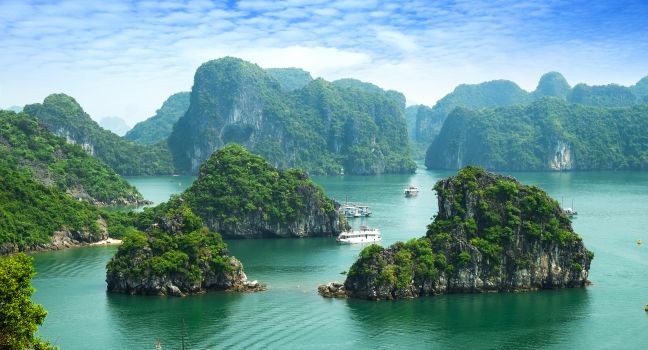
Comparison of Vietnam Visa Exemption and Regular Visa
- Length of Stay: Vietnam visa exemption allows for shorter stays compared to regular visas, which can be valid for up to six months.
- Application Process: Vietnam visa exemption does not require a visa application process, while regular visas require an application, supporting documents, and fees.
- Fees: Vietnam visa exemption is free for eligible citizens, while regular visas have a fee.
- Extension and Renewal: Vietnam visa exemption cannot be extended or renewed, while regular visas can be extended or renewed.
Summary: Vietnam visa exemption differs from regular visas in length of stay, application process, fees, and extension/renewal options.
Tips for Traveling with Vietnam Visa Exemption
- Check if you’re eligible for Vietnam visa exemption before booking your trip.
- Make sure your passport is valid for at least six months from the date of entry into Vietnam.
- Plan your itinerary to make the most of your visa exemption period.
- Keep your travel documents and passport safe and secure during your stay in Vietnam.
- Apply for a regular visa or an extension if you want to stay longer than the visa exemption period.
Summary: Tips for traveling to Vietnam with visa exemption include checking eligibility, ensuring a valid passport, planning itinerary, keeping documents safe, and applying for regular visa or extension if necessary.
The Best Way to Experience Vietnam
- Explore the vibrant cities of Hanoi and Ho Chi Minh City.
- Visit the stunning natural landscapes of Halong Bay and Phong Nha-Ke Bang National Park.
- Try the delicious local cuisine, including pho, banh mi, and fresh seafood.
- Learn about Vietnamese culture and history by visiting historical sites and museums.
- Meet the friendly locals and experience their hospitality and warmth.
Summary: The best way to experience Vietnam includes exploring cities, visiting natural landscapes, trying local cuisine, learning about culture and history, and meeting locals.
FAQs
- How long can I stay in Vietnam with visa exemption?
The length of stay varies depending on your country of citizenship, ranging from 14 to 90 days.
- Can I extend my visa exemption period?
No, you cannot extend your visa exemption period. You’ll need to apply for a regular visa or an extension if you want to stay longer.
- What is the fee for a visaexemption renewal or extension?
The fee for a visa exemption renewal or extension varies depending on the duration of your stay and the type of visa you need, ranging from $10 to $135.
- Can I leave Vietnam and re-enter using my visa exemption?
Yes, you can leave and re-enter Vietnam during your visa exemption period as long as you meet all entry requirements at the border checkpoint.
- What happens if I overstay my visa exemption period?
If you overstay your visa exemption period, you may face fines or other penalties, including being banned from entering Vietnam in the future. It’s important to apply for a regular visa or an extension if you want to stay longer than the visa exemption period.
Conclusion
Vietnam visa exemption provides a convenient option for eligible citizens to visit Vietnam without applying for a visa beforehand. However, it’s essential to understand the rules, limitations, and alternatives to ensure a smooth travel experience. Use this comprehensive guide to help plan your trip to Vietnam and have an unforgettable adventure.
Source new: https://vietnamembassy-mexico.org/everything-you-need-to-know-about-vietnam-visa-exemption-in-2023/

